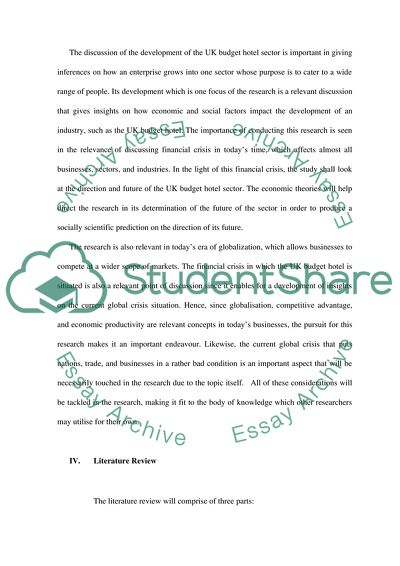Cite this document
(The Development and Future of the UK Budget Hotel Sector in Financial Research Proposal, n.d.)
The Development and Future of the UK Budget Hotel Sector in Financial Research Proposal. Retrieved from https://studentshare.org/finance-accounting/1721251-the-development-and-future-of-uk-budget-hotel-in-financial-crises
The Development and Future of the UK Budget Hotel Sector in Financial Research Proposal. Retrieved from https://studentshare.org/finance-accounting/1721251-the-development-and-future-of-uk-budget-hotel-in-financial-crises
(The Development and Future of the UK Budget Hotel Sector in Financial Research Proposal)
The Development and Future of the UK Budget Hotel Sector in Financial Research Proposal. https://studentshare.org/finance-accounting/1721251-the-development-and-future-of-uk-budget-hotel-in-financial-crises.
The Development and Future of the UK Budget Hotel Sector in Financial Research Proposal. https://studentshare.org/finance-accounting/1721251-the-development-and-future-of-uk-budget-hotel-in-financial-crises.
“The Development and Future of the UK Budget Hotel Sector in Financial Research Proposal”. https://studentshare.org/finance-accounting/1721251-the-development-and-future-of-uk-budget-hotel-in-financial-crises.


